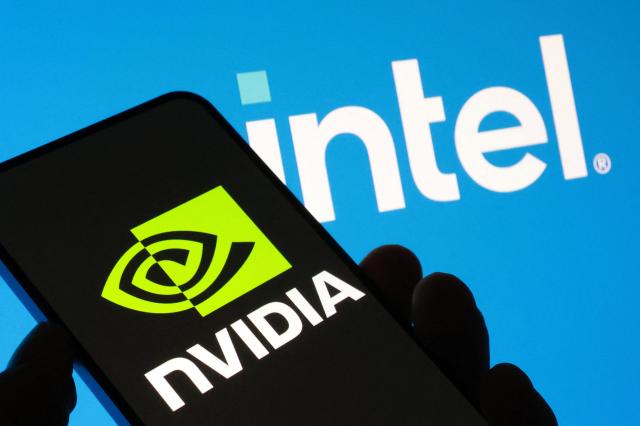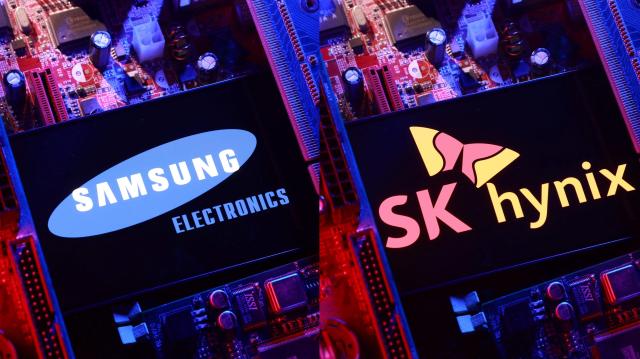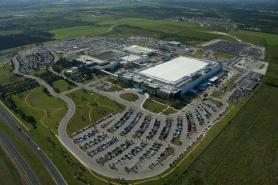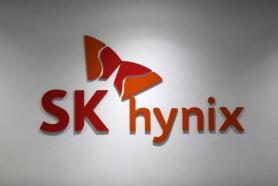
The $5 billion partnership, under which NVIDIA will acquire a 4 percent stake in Intel, could unite the current and former leaders of global chip design, pending regulatory approval.
The announcement comes as U.S. President Donald Trump threatens to raise tariffs on high-margin goods such as semiconductors, on top of existing 25 percent tariffs on automobiles.
"We are still analyzing the situation, but for now, we believe we'll see increased HBM usage in the design process between the two companies," said Yim So-jung, analyst at Eugene Investment & Securities. "With the adoption of advanced packaging technologies, the importance of back-end processes is also likely to rise."
For South Korean chipmakers, the collaboration could translate into greater demand for high-bandwidth memory (HBM) and advanced packaging — both crucial to AI development.
HBM enables processors to handle massive data workloads, while advanced packaging — which involves cutting wafer-produced chips and connecting them for specific applications — has emerged as a key technology to enhance performance in the AI era.
Industry watchers say the deal could hurt Taiwanese foundry leader TSMC more than Korean firms.
"If NVIDIA had placed foundry orders with Samsung, the deal could have had a negative impact," said Kwon Dae-woong, professor of semiconductor engineering at Hanyang University.
"TSMC had been handling nearly all packaging for NVIDIA, so its partnership with Intel opens opportunities for diversification," added Park Jong-kyung, professor at Seoul National University of Science and Technology.

Park noted that HBM demand could surge, with TSMC already near full capacity for interposers — the interface routers critical to HBM. "Prices may even fall if supply expands," he said.
SK hynix currently supplies around 50 percent of the global HBM market and is a core supplier to NVIDIA. The NVIDIA–Intel tie-up could further boost demand for its solutions, with its U.S. operations already experiencing rapid growth.
The firm also boasts proprietary packaging technology that stacks 32 NAND chips to produce ultra-high-capacity enterprise SSDs for AI servers, and is planning a $3.87 billion investment in Indiana for an AI-focused memory packaging facility.
Samsung Electronics, while trailing SK hynix in direct HBM supply to NVIDIA, remains the world’s No. 2–3 player in the segment. The company is preparing to send its latest HBM4 samples for inspection in September, positioning itself to capture a larger share of AI-driven demand.
Investors were not much worried. Samsung Electronics shares slipped only marginally from a 13-month high to 79,700 won (about $57) on Friday, while SK hynix ended with the same price as the day before, reflecting confidence that the NVIDIA–Intel deal will ultimately expand, not diminish, opportunities for Korean chipmakers
Copyright ⓒ Aju Press All rights reserved.




